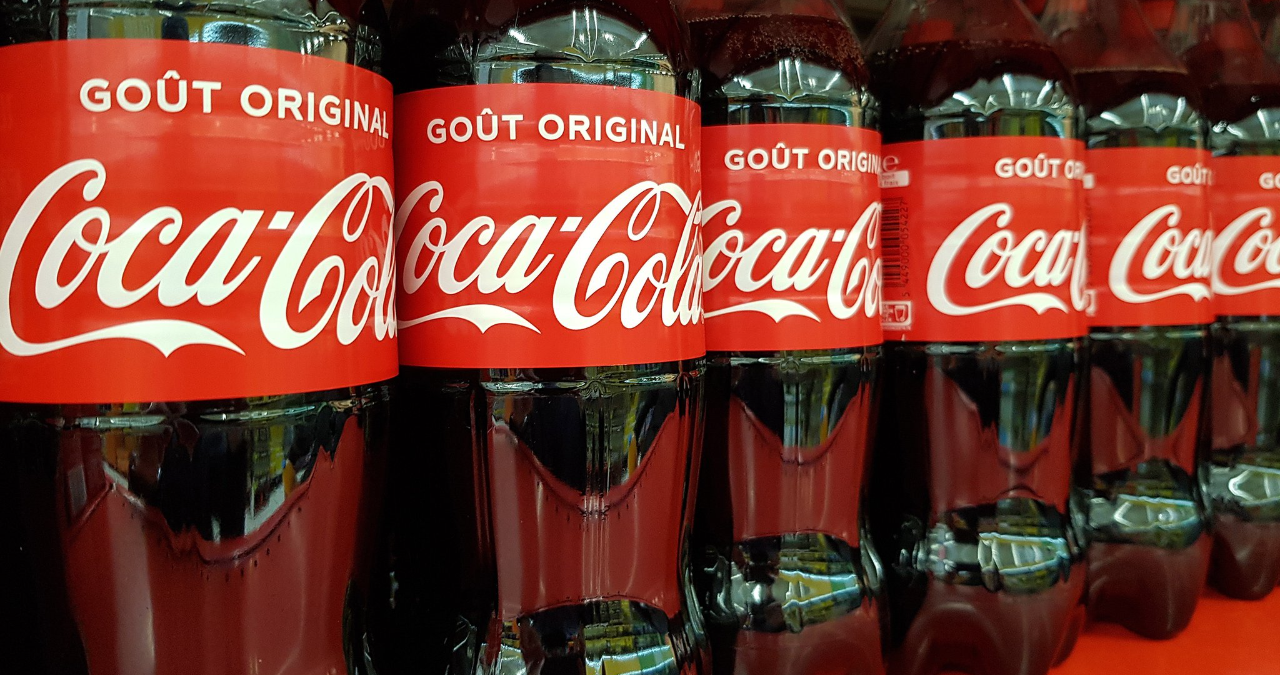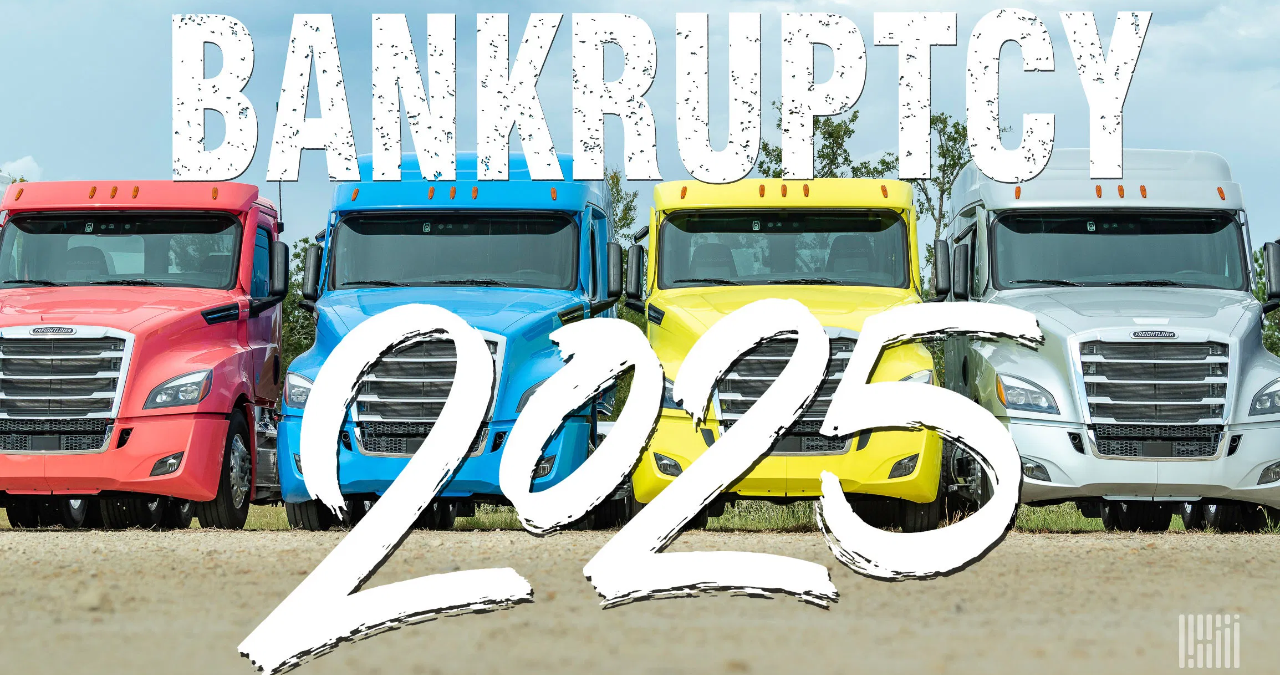Explore the surprising connection between Coca Cola Immigration, from its global workforce to its cultural impact and historical role. A detailed, expert-level yet casual look into Coca Cola immigration.
The Unexpected Link Between Coca Cola and Immigration
When you think of Coca Cola, your mind probably jumps straight to its iconic red label, fizzy sweetness, and worldwide popularity. But did you know there is a surprising connection between Coca Cola and immigration? It may not be as obvious as soda and summer, but Coca Cola immigration is a fascinating subject that intertwines economics, culture, labor, and global mobility.
Coca Cola immigration refers to how this beverage behemoth intersects with global migration patterns. From hiring immigrant workers to influencing cultural integration, Coca Cola has played a quiet but impactful role in shaping immigration stories around the world. And we’re not just talking about hiring practices in the United States. We’re diving deep into how Coca Cola’s operations affect immigration policies, workforce diversity, and even national identity in countries far and wide.
Coca Cola as a Global Employer of Immigrant Labor
One of the most direct ways Coca Cola intersects with immigration is through its labor force. With bottling plants and distribution centers in over 200 countries, Coca Cola relies heavily on immigrant labor.
In the United States, for example, many of Coca Cola’s production and warehouse workers are immigrants or first-generation Americans. These employees are often the backbone of the supply chain, working jobs that require physical stamina and dedication. Coca Cola immigration in this context is a tale of opportunity and economic inclusion.
Globally, the company’s presence in developing nations means it often becomes one of the largest local employers. In some countries, Coca Cola sets up operations in areas where migration is already common due to economic hardship. The job opportunities offered can slow emigration or, conversely, encourage immigration into those regions for work.
The Role of Coca Cola in Cultural Integration
There’s something almost magical about how Coca Cola is able to cross cultural boundaries. One key component of Coca Cola immigration is how the brand facilitates cultural integration for immigrants.
Imagine a newly arrived immigrant trying to adjust to a new culture. Brands like Coca Cola offer a familiar taste of home, as well as a point of connection with their new environment. It’s both global and local, making it uniquely capable of bridging cultural divides. Coca Cola immigration stories often include tales of immigrants bonding over a shared Coke in a foreign land.
In advertising, Coca Cola has made efforts to represent multiculturalism. From multilingual Super Bowl ads to campaigns celebrating diversity, the brand continuously embraces themes of unity. These narratives help normalize and support immigrant experiences, even if subtly. Coca Cola immigration is not just about jobs—it’s about identity, acceptance, and shared experience.
Historical Ties Between Coca Cola and Immigration Policies
Coca Cola immigration links also extend into policy. During periods of mass immigration, especially in the early to mid-20th century, Coca Cola was expanding rapidly. It strategically placed factories and distribution centers in immigrant-heavy communities.
By doing so, the company both capitalized on and supported migration flows. Their presence often helped stabilize local economies, which in turn could influence regional immigration policies. In places like Atlanta or Los Angeles, where immigrant populations surged, Coca Cola created jobs that reinforced the narrative of the “American Dream.”
Coca Cola immigration involvement can also be seen during wartime and post-war periods. After World War II, Coca Cola followed American troops abroad, establishing bottling plants across Europe and Asia. This not only spread the brand but also encouraged transnational labor movements. Workers relocated to these new facilities, often with the promise of stable income and housing.
Coca Cola and the Immigrant-Owned Business Boom
There’s another layer to the Coca Cola immigration story, and it’s entrepreneurial. Immigrants often start small businesses as a path to stability. Many of these businesses, such as convenience stores, restaurants, and kiosks, proudly stock Coca Cola products.
Coca Cola offers programs to support small business owners, many of whom are immigrants. These initiatives include marketing support, refrigeration equipment, and discounted product supply lines. The Coca Cola immigration ecosystem here includes both the product as a tool for success and the company as a supportive partner.
In neighborhoods from the Bronx to Bangkok, it’s not unusual to see immigrant-owned stores with Coca Cola signage front and center. The brand becomes a silent partner in these immigrant success stories, reinforcing its position as a cultural and economic bridge.
Coca Cola’s Marketing Approach to Diversity and Inclusion
Marketing plays a critical role in how Coca Cola positions itself in the world of immigration. The brand has embraced diversity for decades, both in commercials and corporate messaging.
One notable example is the “America Is Beautiful” campaign, which featured the iconic song sung in several languages. The ad included images of people from various ethnic backgrounds, reflecting the real demographics of Coca Cola consumers. The campaign was widely praised for celebrating the immigrant experience.
Coca Cola immigration branding doesn’t stop there. The company regularly collaborates with multicultural influencers and artists to create inclusive content. Whether it’s Hispanic Heritage Month or Diwali, Coca Cola is present, reflecting its audience and embracing immigrant identities.
Immigration Challenges and Coca Cola’s Advocacy
It’s not all fizzy fun and games. Coca Cola immigration stories also include moments of advocacy. As immigration debates heat up globally, the company has sometimes taken a stand.
In the U.S., Coca Cola has supported DACA (Deferred Action for Childhood Arrivals) and called for comprehensive immigration reform. Executives have penned open letters, spoken at rallies, and participated in coalitions that advocate for humane policies. The company understands that many of its workers, customers, and partners are directly affected by immigration laws.
Their corporate social responsibility programs also include legal aid support, educational scholarships, and employment training for immigrants and refugees. Coca Cola immigration advocacy is part of a larger corporate ethos that values human rights and inclusivity.
The Coca Cola Immigrant Workforce: Real Stories
Let’s talk about the real people behind the Coca Cola immigration phenomenon. These are warehouse workers, delivery drivers, marketing interns, and factory technicians from immigrant backgrounds.
Take the story of Maria, a Guatemalan immigrant who started on a bottling line in Texas. Over a decade, she worked her way up to a managerial role, thanks to Coca Cola’s employee development programs. Or consider Ahmed, a Syrian refugee who found stability through a Coca Cola-funded training program in Germany. These individual stories bring heart and soul to the broader Coca Cola immigration narrative.
The company invests heavily in employee growth, which allows many immigrants to transition from entry-level roles to leadership. This upward mobility is essential for integrating into society and achieving long-term success.
Coca Cola Immigration and Global Mobility

Global mobility is another important angle. Coca Cola immigration isn’t limited to one country; it reflects international labor movement.
Executives, scientists, and engineers from one country often transfer to another as part of Coca Cola’s global strategy. These roles frequently involve visa sponsorships, relocation packages, and cultural training. Coca Cola becomes a global passport of sorts, facilitating legal and professional migration.
This kind of movement allows for the sharing of ideas and innovation. It strengthens cultural awareness within the company and enhances its ability to serve a diverse customer base. Coca Cola immigration, in this sense, is a win-win for both employer and employee.
How Coca Cola Promotes Community Building Among Immigrants
Coca Cola doesn’t just hire immigrants—it helps them build community. Many Coca Cola-funded community programs are designed to foster inclusion and belonging.
From sponsoring cultural festivals to supporting local non-profits, Coca Cola is often a quiet force behind immigrant solidarity. These efforts help new arrivals feel welcomed and supported, encouraging them to stay and thrive. Coca Cola immigration goes beyond economics—it’s about human connection.
The company also supports language classes, job fairs, and mentorship programs in immigrant-heavy communities. It positions itself as a brand that cares, not just about profits, but about people.
FAQs About Coca Cola Immigration
What is Coca Cola immigration? Coca Cola immigration refers to the connection between Coca Cola and immigrant communities through labor, cultural integration, marketing, advocacy, and global operations.
How does Coca Cola support immigrants? Coca Cola supports immigrants through job opportunities, community programs, legal aid, educational support, and advocacy for fair immigration policies.
Why is Coca Cola significant in immigrant communities? Coca Cola is both an economic and cultural staple in many immigrant communities, offering familiarity, support, and a symbol of integration.
Does Coca Cola employ immigrants? Yes, Coca Cola employs many immigrants in its global workforce and actively promotes diversity and inclusion.
Has Coca Cola influenced immigration policy? While not a legislative body, Coca Cola has advocated for humane immigration policies and supported initiatives like DACA.
Conclusion: More Than Just a Beverage
Coca Cola immigration might sound like an unusual phrase, but it reflects a deep and meaningful relationship between a global brand and the movement of people. From job creation to cultural bonding, Coca Cola plays a surprisingly dynamic role in the immigrant journey.
This isn’t just about soda; it’s about society. Coca Cola immigration is a lens through which we can understand globalization, diversity, and human aspiration. So the next time you crack open a cold Coke, think about the stories, struggles, and successes it quietly supports.




